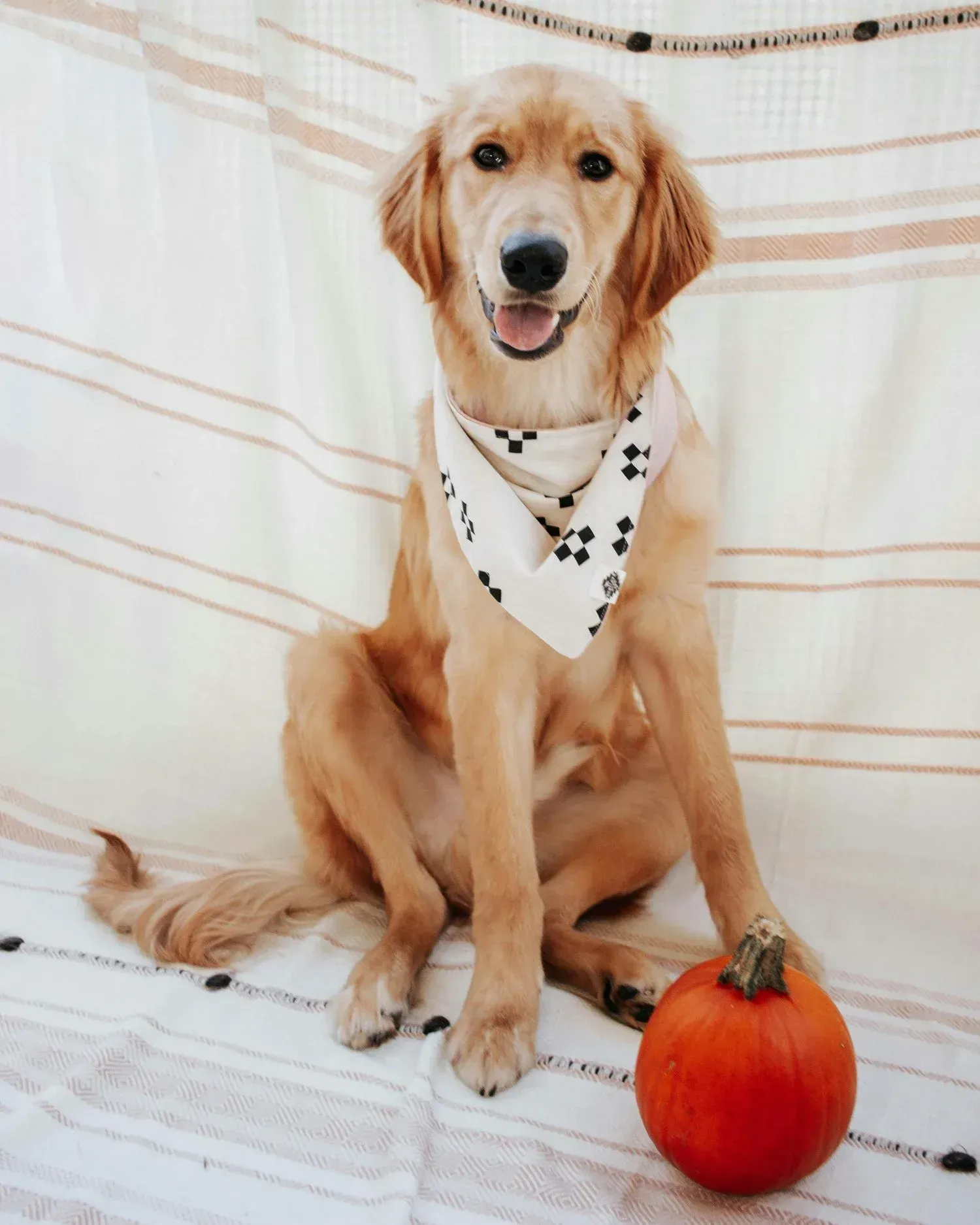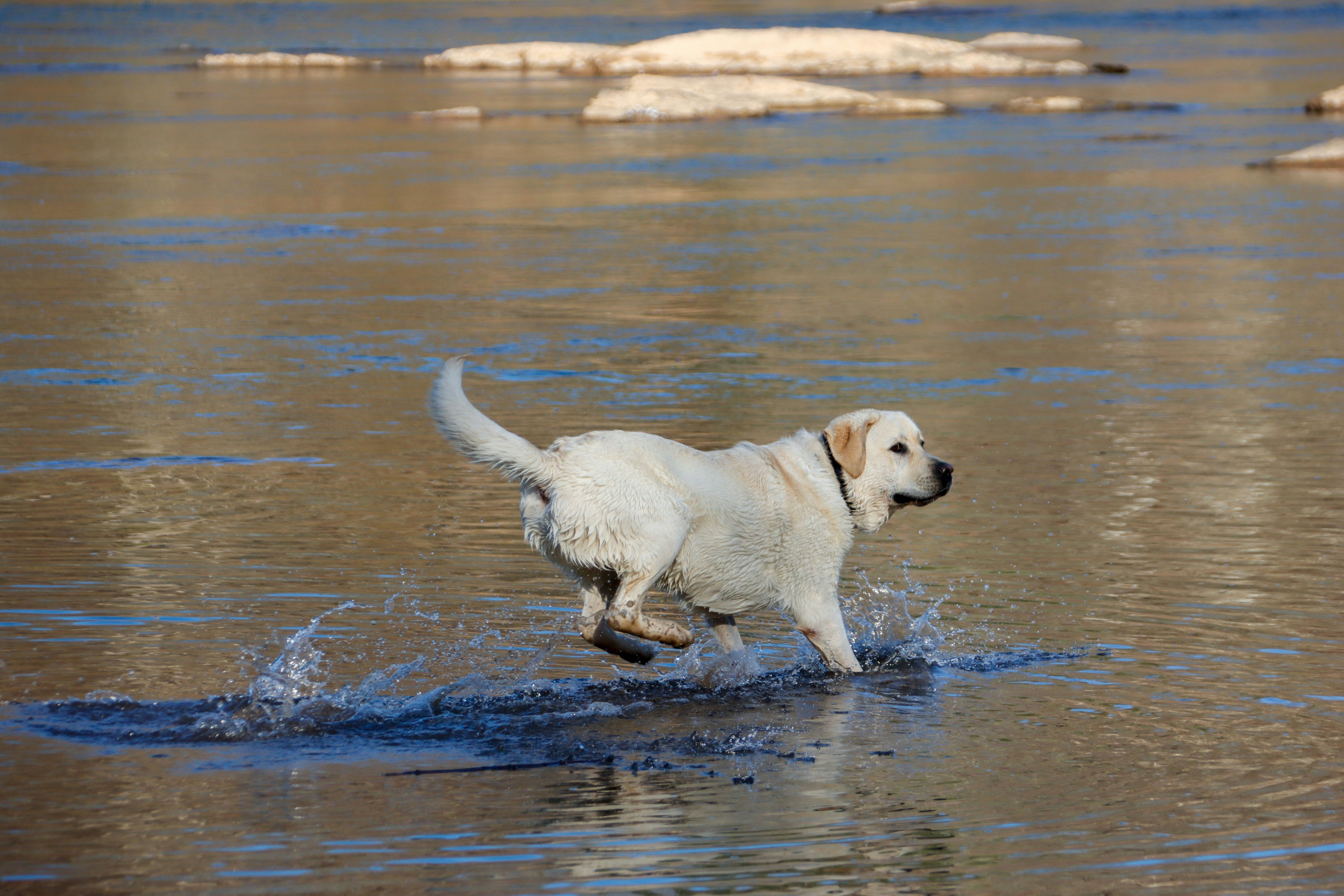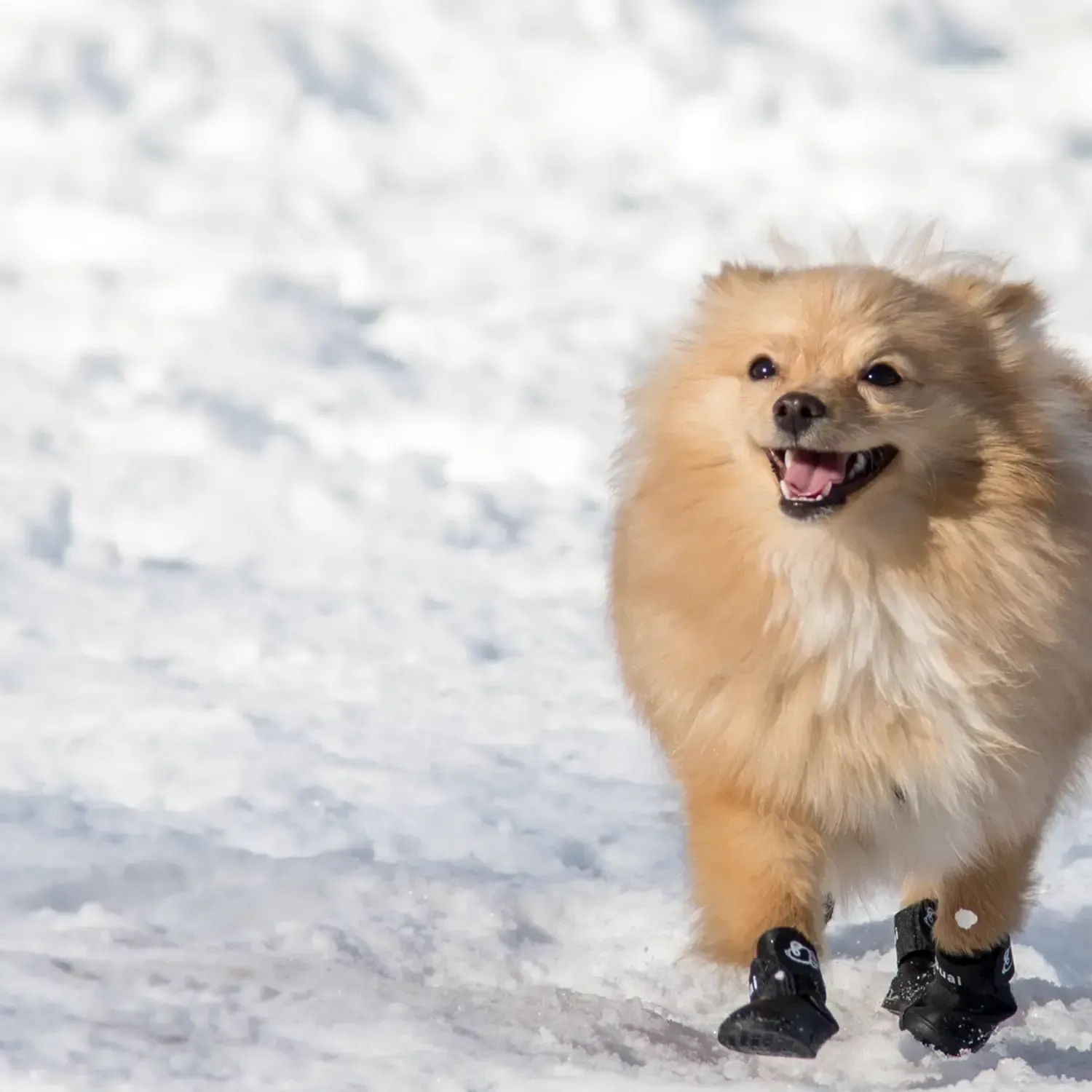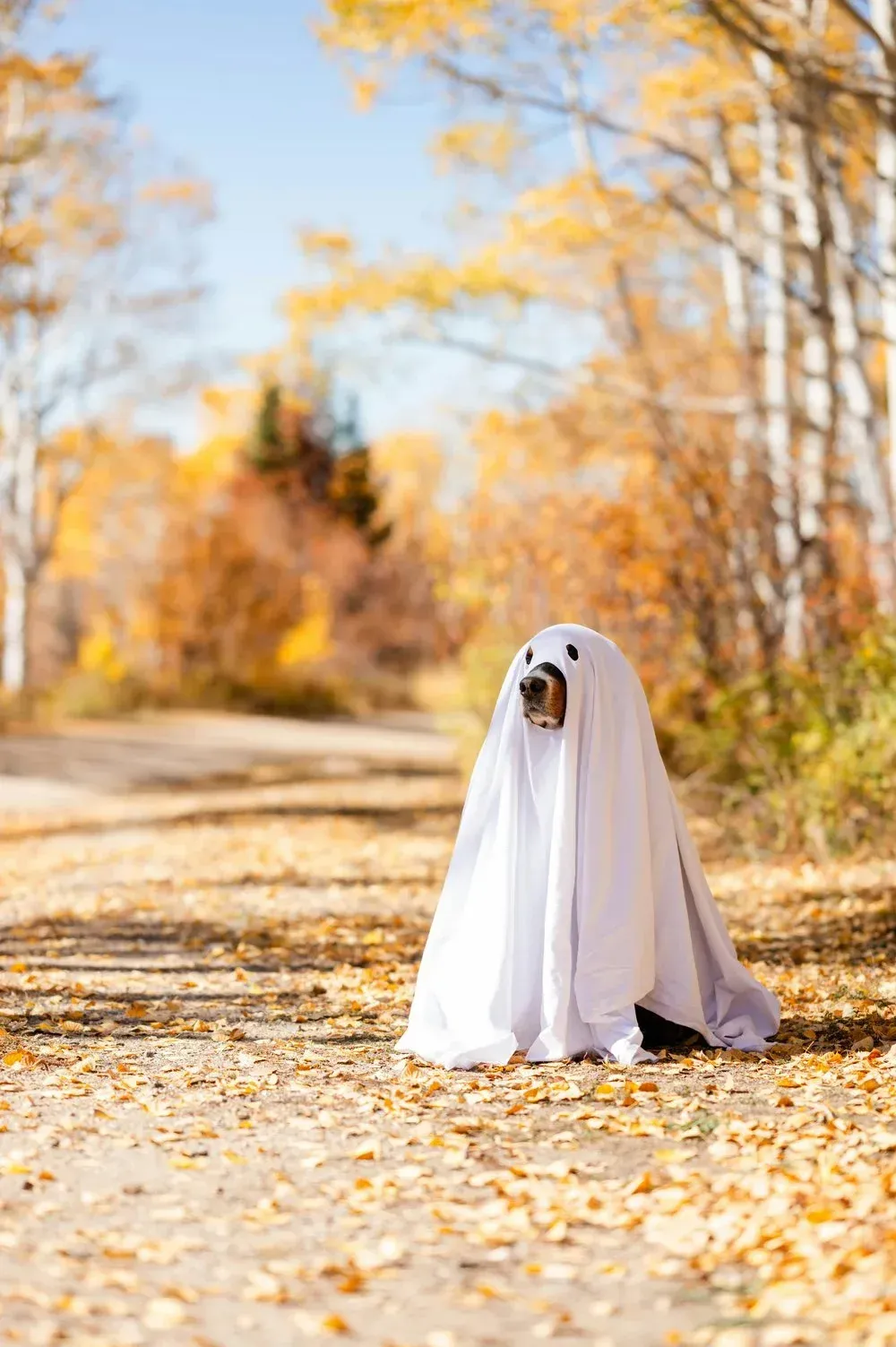Thanksgiving is a wonderful time to show gratitude for our family, including our four-legged members, but it’s essential to do so safely. Here are some essential Thanksgiving pet safety tips to keep in mind.
What Thanksgiving Foods Dogs Can Eat
While it may be tempting to include your dog at the Thanksgiving Table, it’s important to keep in mind that some dishes are safe, while others can be harmful to them.
- Turkey (in moderation): Dogs can enjoy small portions of lean, well-cooked turkey meat. Make sure it’s boneless, skinless, and free from any marinades, spices or seasonings.
- Sweet potatoes: Plain, cooked sweet potatoes are an excellent source of vitamins and fiber for dogs. Just make sure they aren’t seasoned with butter, salt, or spices.
- Green beans: Unseasoned, plain, and cooked green beans can be a healthy addition to your dog’s Thanksgiving meal.
- Plain pumpkin: Canned or cooked pumpkin is a great source of fiber and can aid in digestion for your pup.
- Plain white rice: Plain, cooked white rice can help soothe an upset stomach and is generally safe for dogs.
What Thanksgiving Foods Dogs Can’t Eat
These are the foods to avoid giving your dog during Thanksgiving.
- Turkey bones: Never give your dog turkey bones, as they can splinter and cause choking or internal injuries.
- Stuffing: Traditional stuffing often contains ingredients like onions, garlic, and herbs that can be toxic to dogs. It’s best to avoid this altogether.
- Bread dough: Be careful if you are making homemade bread for Thanksgiving. If you dog eats raw dough, the yeast will continue its process in your pet’s stomach. This could potentially be life-threatening.
- Gravy: Gravy is typically high in fat, salt, and seasonings, which can upset your dog’s stomach and potentially lead to pancreatitis.
- Onions and garlic: These ingredients are toxic to dogs and should be avoided in all forms.
- Nuts: Some nuts, like macadamia nuts and walnuts, can be toxic to dogs. Best to avoid any dishes with nuts.
- Raisins and grapes: Raisins and grapes are toxic to dogs and should never be included in their Thanksgiving meal. Even a small amount can cause life-threatening kidney damage.
- Desserts: Besides being an overall unhealthy addition to a dog’s meal, desserts often contain xylitol, an artificial sweetener, which can be deadly if consumed by pets.
Five Tips to Follow During Thanksgiving
Thanksgiving is more than just a meal. Thanksgiving is a time for family and friends to gather, express gratitude, and celebrate each other. However, large crowds, excessive noise, and unfamiliar surroundings can pose additional stress and safety concerns for our pets. Here are 5 tips to follow in order to ensure your pets and guests enjoy the holiday without any unwanted trips to the vet.
- Create a Safe Space for Your Pet
Thanksgiving gatherings can be overwhelming for pets, with unfamiliar faces and loud noises. Stress and anxiety can manifest in a variety of ways for pets and cause them to act differently than they normally do. Even the most social of pets needs a quiet retreat every once in a while. To help your furry friends feel more comfortable, designate a quiet area where they can retreat. Provide their favorite bed, toys and a cozy blanket, allowing them to escape the hustle and bustle whenever they need a break.
- Monitor Interactions with Guests
Discourage guests from feeding your dog from the table, as it can lead to unhealthy habits and stomach upset. While guests may think “begging” is cute, they may be unaware of safe versus unsafe foods, as well as how much the pet has actually gotten. By setting strict limits on which foods and how much can be offered, you will save yourself the hassle of the unwanted consequences of post Thanksgiving overindulgence.
- Be Cautious with Decorations
Special holiday displays or candles are attractive to pets as well as people. Never leave a pet alone in an area with a lit candle; it could result in a fire. Other decorations like ornamental corn cobs and plastic or fabric leaves can cause choking or intestinal blockage if eaten.
Some decorative holiday plants can also be toxic to pets if ingested. These include amaryllis, baby’s breath, sweet William, some ferns, hydrangeas, and more. The ASPCA has lists of plants that are toxic to dogs and cats on their website, but the safest route is simply to keep your pet away from all plants and table decorations.
- Mind the Door
With people coming and going throughout the day, the door may be left unattended for a period of time allowing an opportunity for a quick escape. Make sure your pet has proper identification with your current contact information. That way, if they do sneak out, you are more likely to have a happy reunion.
- Secure the Trash
Don’t let yesterday’s trash become your pet’s treasure. Make sure to always secure garbage cans, especially when they contain food scraps and bones. Otherwise, pets may try for a dumpster dive that could have dangerous consequences.
This holiday season and those to come, Ruby Veterinary Urgent Care wishes you, your family and your pets a safe and stress free celebration.



